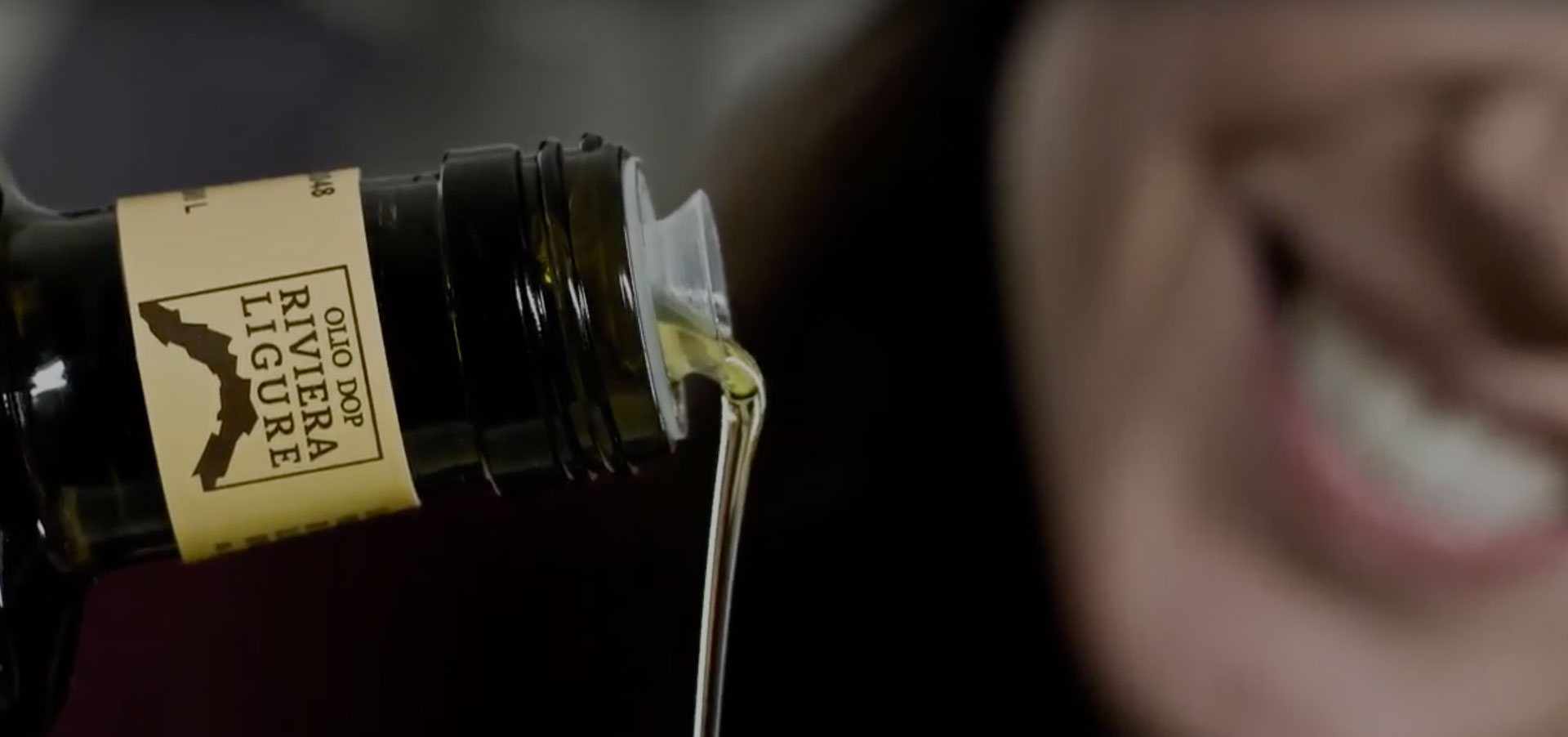
Highlighting the nutritional and nutraceutical value of Italian GIs has been scientifically
The aim of the “VA.BENE – DOP IGP Valore Benessere” survey is twofold: the certification of the role of the PDO PGI sector with a view to wellbeing, as well as the provision of research and communication guidelines. The first in-depth study to provide documentary evidence of the salubrity of Italian PDO and PGI products was released by the Qualivita Foundation and Nutrafood, the Interdepartmental Research Centre “Nutraceuticals and Food for Health” of the University of Pisa, with the support of the Ministry of Agricultural Policies. The focus is on the investigation of the nutritional aspects of Italian agri-food PDOs and PGIs in the wider frame of the Mediterranean Diet. The output is a detailed report rich in scientific evidences, fit for an international statement – on the 10th anniversary of the UNESCO Mediterranean Diet recognition – of the nutritional value and healthiness of Italian GI products
Thanks to the survey of sectorial best practices and media connections, the survey portrays the great efforts behind the last ten years of the Italian GI scene, as well as the commitment towards wellbeing and sustainability (however, further investments in communication are needed to make the system more responsive in case of media crisis)
“The project, says Mauro Rosati, General Director of Qualivita, confirms the role of PDO and PGI productions as pillars and assets of the Mediterranean Diet; at the same time, it paves the way to their valorisation. It is an operational tool for all stakeholders, rich in guidelines for the implementation of both research and communication, not to forget about the need to improve the focus on GI academic-scientific research”.
GIs AND ACADEMIC RESEARCH
The project was based on 3 research strands. The first analysed the state of the art of Italian academic-scientific research on the organoleptic, nutritional and nutraceutical aspects of Italian GI products, recognizing their added value and providing useful advice to producers and consumers. “Interest about this subject is manifest, as well as the research of chemical-analytical methodologies to safeguards GI products against the frequent threat of frauds”, states Lucia Guidi, Director of the Interdepartmental Research Centre “Nutraceuticals and Food for Health” of the University of Pisa. Figures speak for themselves: in the last 10 years international research on Italian GI products raised from 1,710 papers published on indexed journals from 1990 to 1999, to 17,300 papers in the period from 2000 to 2019 (source Google Scholar), with strong focus on nutritional and nutraceutical aspects.
GIs AND BEST PRACTICES
The second research investigated how Protection Consortia shape up GI reputation on the issue of wellbeing through best practices: during the last ten years, 50% of the Consortia have carried out training, education and events, 30% have implemented (or participated in) studies and academic researches, 20% have modified their procedural guidelines to foster the salubrity and sustainability of productions. According to Giovanni Gennai, Qualivita researcher, “these data show how Protection Consortia are already active in the application of best practices and in synergies with member businesses, Our objective is to provide advice for a more effective provision of contents to be promoted”.
GIs AND MEDIA
Lastly, the Qualivita survey has assessed the reputation of Italian GIs on the ground of related contents issued by media while covering issues such as wellbeing, health and salubrity. “The analysis of nearly 2,400 articles (from the last ten years) identifies the main themes: diabetes, cancer and obesity come first, followed by prevention, longevity and sustainability”, says Chiara Fisichella, the supervisor of this section. As regards the use of sources implemented by media: “academic research is used, but experts are often consulted – and often they do not provide traceable data”.



